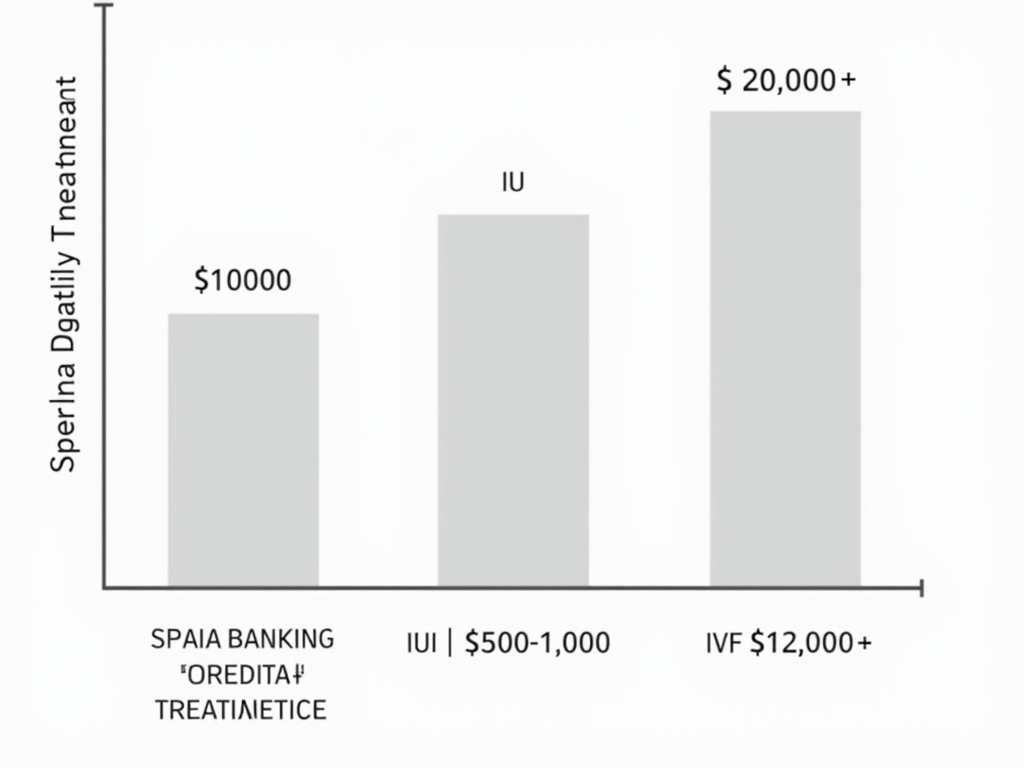Navigating Infertility: Legal and Emotional Considerations
June 2, 2025, 7:34 a.m.
Infertility affects millions of people, bringing both emotional challenges and legal complexities. This article dives into Navigating Infertility: Legal and Emotional Considerations, focusing on sperm banking and fertility preservation. Through personal experiences and expert advice, we aim to help you find clarity and support.
Facing infertility can feel like an emotional rollercoaster. One day, you’re hopeful; the next, you’re overwhelmed. I’ve been there—staring at negative tests, wondering what’s next. It’s normal to feel this way. The key is to recognize your emotions and take steps to manage them.
Here’s how to cope with the emotional side of infertility: - Talk it out: Share your thoughts with a friend or therapist. It lightens the load. - Find your people: Support groups connect you with others who get it. - Take care of yourself: Simple acts like a walk or a warm bath can lift your spirits.

Now, let’s talk about sperm banking. It’s a practical option for many facing infertility, but it comes with legal considerations. Before you start, you need to understand the rules. These steps can protect your future and give you peace of mind.
Here are the main legal considerations in sperm banking: - Consent: You’ll sign forms agreeing to the process. Read them carefully. - Ownership: Decide who controls the sperm—especially important in relationships. - Future use: Know your rights about using or discarding it later.
To break it down, here’s a quick table of legal points:
| Aspect | What to Know |
|---|---|
| Consent | Sign clear, informed agreements |
| Ownership | Confirm who has legal rights |
| Use or Disposal | Understand terms for future decisions |
For more details, check out the American Society for Reproductive Medicine.

Fertility preservation is another big piece of this puzzle. It’s about taking control when infertility looms—whether from medical treatments, age, or other factors. Options like sperm freezing or egg freezing can keep your dreams of a family alive.
What should you consider for fertility preservation? - Timing: Act before treatments like chemo that might harm fertility. - Options: Sperm banking for men, egg freezing for women—each has unique steps. - Cost: Prices vary, so explore insurance or aid programs.
I remember the day I decided to freeze my sperm. It was after a cancer diagnosis—scary, but it gave me hope. The process was straightforward: a consult, a sample, and storage. Knowing I had that backup made a tough time easier.

Money can be a hurdle with infertility treatments. Sperm banking might cost $1,000 upfront, plus yearly storage fees. Bigger procedures like IVF? Thousands more. But don’t lose hope—there are ways to manage it.
Try these financial tips: - Check insurance: Some plans cover parts of fertility preservation. - Seek grants: Groups like Baby Quest Foundation offer help. - Crowdfund: Share your story online to rally support.

Emotionally, infertility can wear you down. I’ve had days where I questioned everything. What helped? Talking to a counselor who specialized in fertility issues. Experts like those at Resolve can guide you through the fog.
Self-care isn’t just nice—it’s necessary. Exercise kept me sane during my infertility journey. A 20-minute jog or yoga session cleared my head. Mindfulness helped too—breathing exercises calmed my racing thoughts.
Here are self-care ideas that worked for me: - Move your body: Walk, stretch, or dance—whatever feels good. - Breathe deeply: Five minutes of slow breaths can reset you. - Enjoy something: Paint, cook, read—do what makes you happy.

Legally, sperm banking opened my eyes to planning ahead. Laws differ by state—some places require notarized agreements for ownership. Researching this with a lawyer saved me headaches later. The CDC’s fertility page has solid info to start.
The process of fertility preservation isn’t just science—it’s personal. Every step, from choosing a clinic to signing papers, felt like a commitment to my future. It’s empowering to know you’ve got options, even when life throws curveballs.

Infertility is tough, but you’re tougher. With support, clear legal steps, and self-care, you can navigate it. Lean on experts, talk to friends, and keep hope alive. You’ve got this—and you’re not alone.